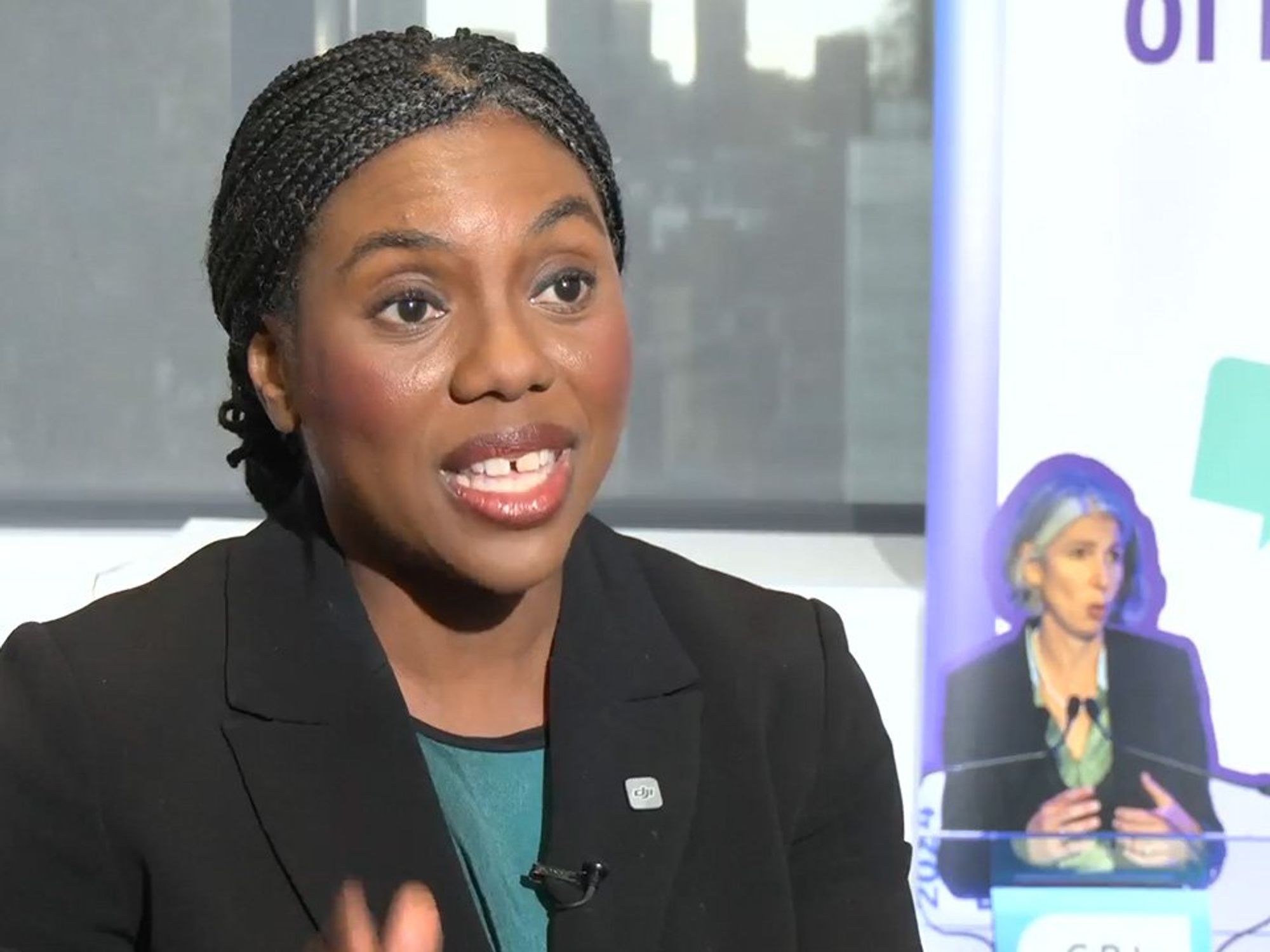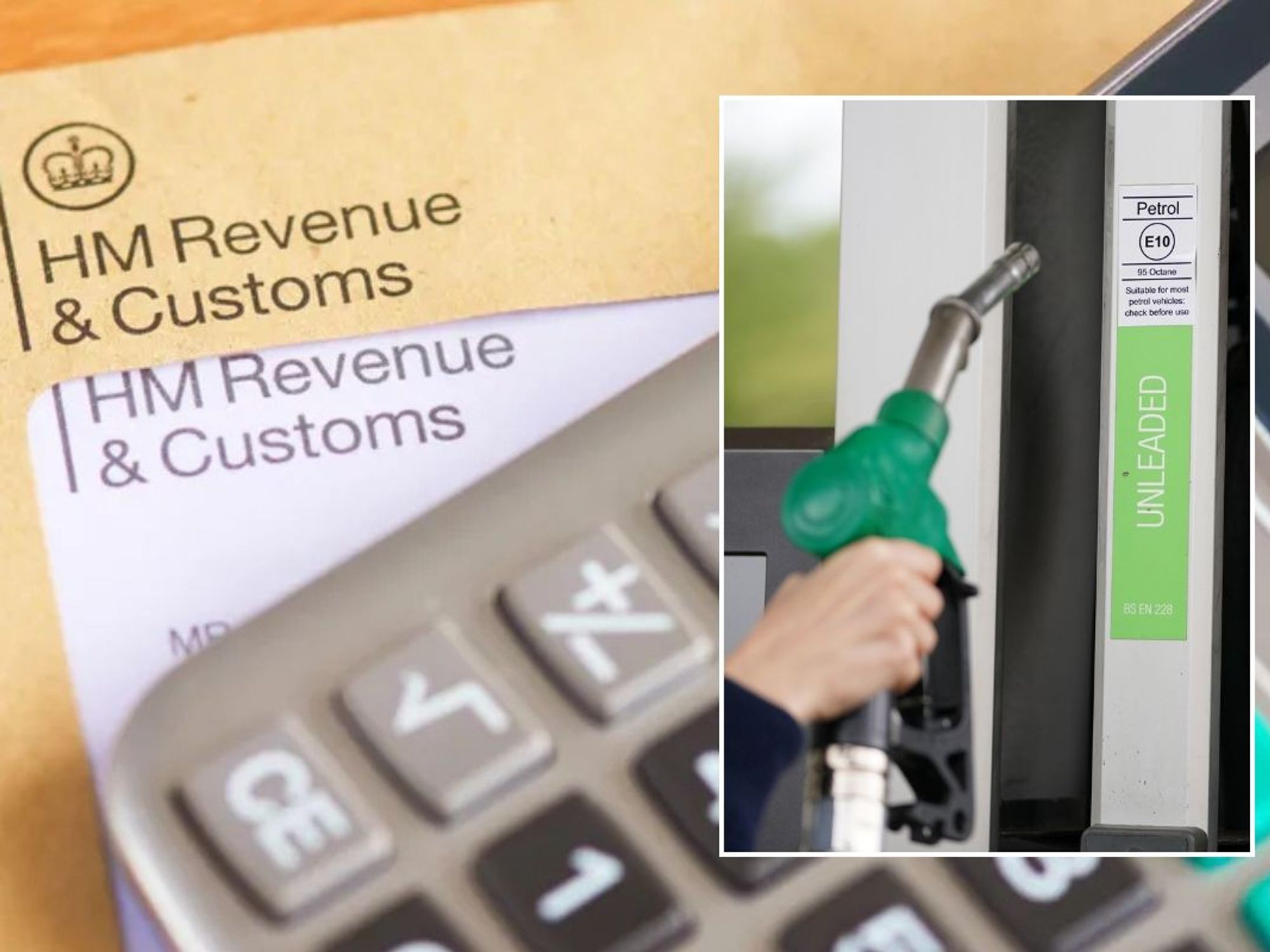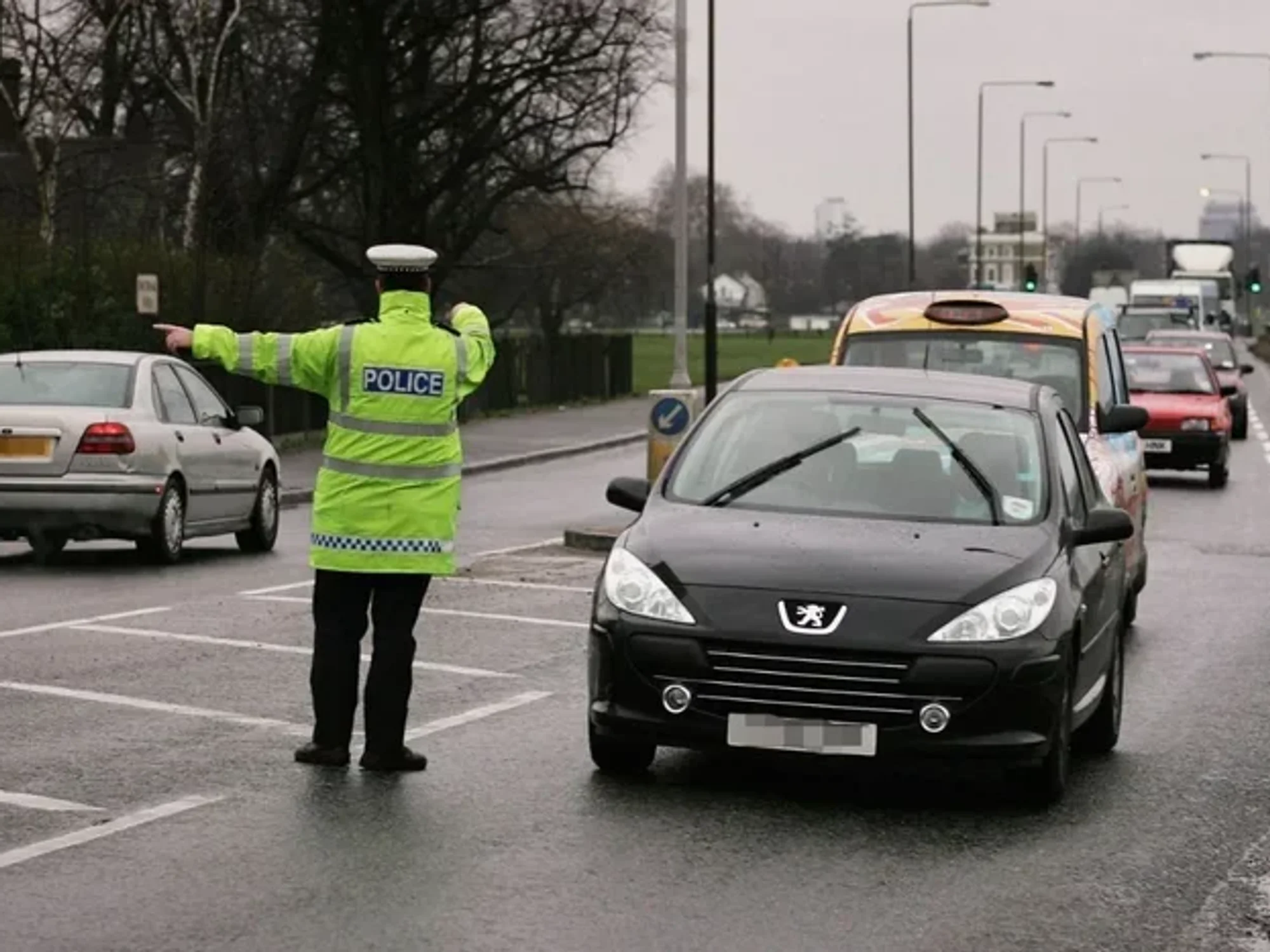Millions of motorists to be slapped with higher costs in October after new Ofgem price update

Drivers of electric vehicles will pay two per cent more to charge their cars from October
Don't Miss
Most Read
Electric vehicle owners have been warned of extra costs this autumn after regulator Ofgem increased energy prices for millions across the UK.
According to new data, the increase will impact electric car drivers who will see a rise in running costs from October 1 after the energy regulator increased the cap by two per cent.
The changes mean that from October 1, the average cost to fully charge a 60kWh EV battery at home will jump from £15.43 to £15.81.
On the road, this translates into an increase from 8.6p to 8.8p per mile for less efficient vehicles, and from 6.4p to 6.6p per mile for higher efficiency cars.
Do you have a story you'd like to share? Get in touch by emailing motoring@gbnews.uk
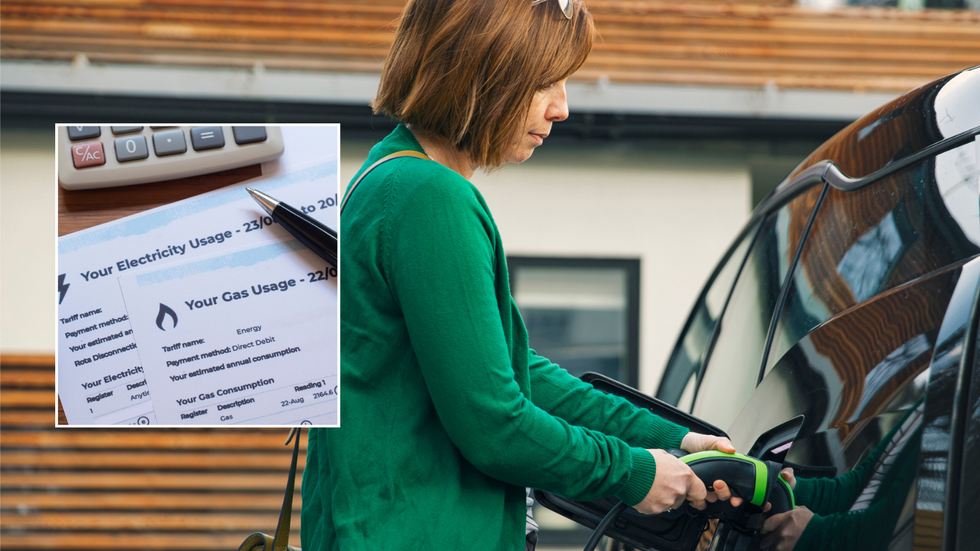
Drivers will see average home charging costs for EVs increase to £15.81 following the Ofgem announcement
|GETTY
Experts have warned that the average household charger uses around 108kWh a month, meaning motorists collectively risk spending an estimated £45.5million a month powering their cars, up £1million from September.
Announcing the update this week, Ofgem shared that for a typical household, energy bills will increase by £2.93 a month or £35.14 per year.
The regulator stated: "Every three months, we review and set a level for how much an energy supplier can charge for each unit of energy and daily standing charge, under the price cap.
"From October 1 to December 31, 2025, the price for energy for a typical household that uses electricity and gas and pays by Direct Debit will go up by two per cent to £1,755 per year."
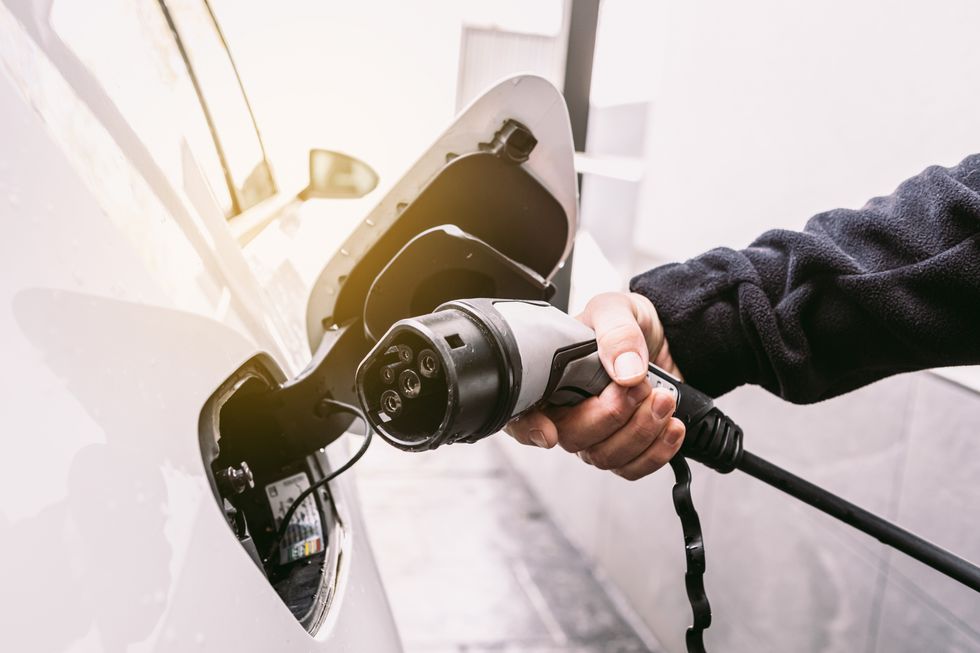
Electric car owners will see charging costs increase by two per cent from October
| GETTYHowever, Ofgem explained that the increase was still 26.3 per cent lower than peak prices at the start of 2023 in the months following Russia's invasion of Ukraine.
Aidan Rushby, CEO at Carmoola, said: "Even with October's price rise, our analysis shows the average cost of using a home charger is just 6p or 9p per mile for a 60kWh vehicle, depending on the car’s efficiency.
"Combined with the recent Government grants of up to £3,750 for new EVs, as well as more availability of stock in the used car market, conditions seem favourable for the UK’s transition to electric cars."
Mr Rushby noted that charging costs remain lower than earlier this year, arguing that the "dual benefit of lower upfront costs and cheaper running costs" addresses consumer concerns about switching away from petrol and diesel.
LATEST DEVELOPMENTS:
Experts are questioning whether families can afford to keep pace with the net zero transition given new Vehicle Excise Duty costs and potential changes to London's Congestion Charge.
The goals form part of the Zero Emission Vehicle mandate, which requires all new cars to be electric by 2035, with new sales of petrol and diesel to be restricted by the end of this decade.
Mr Rushby shared that home charging costs for electric cars have remained marginally lower than they were earlier this year.
He suggested that as the UK looks to move away from petrol and diesel, "there may never be a better time to act," and purchase an electric car.

Ofgem reviews energy prices every three months in the UK
| PA
"So while this price cap adjustment will see a small increase in costs, the dual benefit of lower upfront costs and cheaper running costs directly addresses two of the biggest concerns we hear from consumers when it comes to going electric," he added.
Richard Neudegg, director of regulation at Uswitch.com, shared: "This is a wake-up call for households on price cap-linked tariffs to lock in cheaper fixed rates to cover the critical winter period. Savings equivalent to £292 a year are already available compared with this incoming price cap.
"We all typically use a lot more energy over winter compared to summer. The cost of doing nothing now means an extra £76 per month on average for energy bills from October to December, on top of rates already higher than the majority of fixed tariffs."
James Court, Public Policy Director at Octopus Energy for Vehicles, told GB News: "The price cap rise is another wake-up call: the UK’s energy system needs urgent reform. By cutting waste, tightening the right screws, and reforming national energy pricing, we can lower household bills and unlock electric cars as an even more affordable way to drive.”






